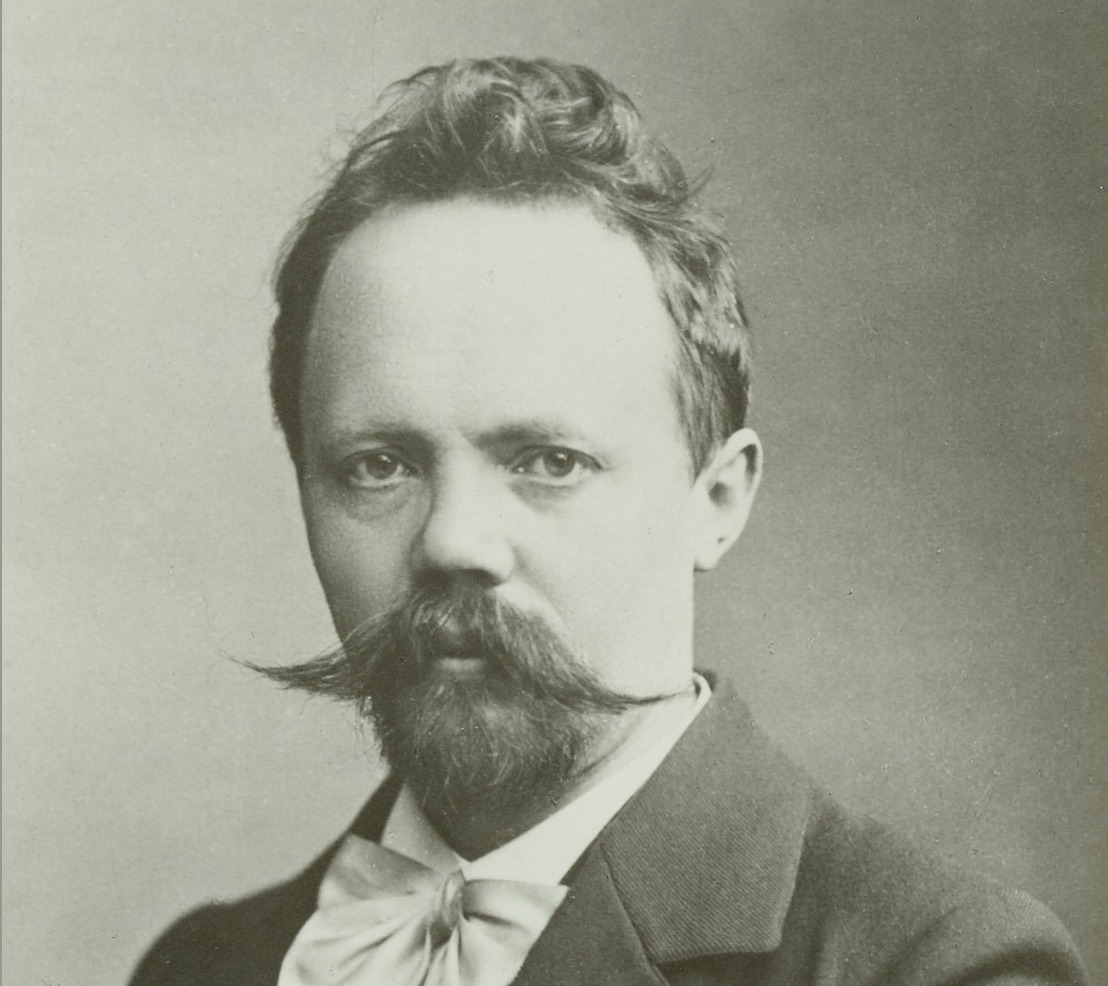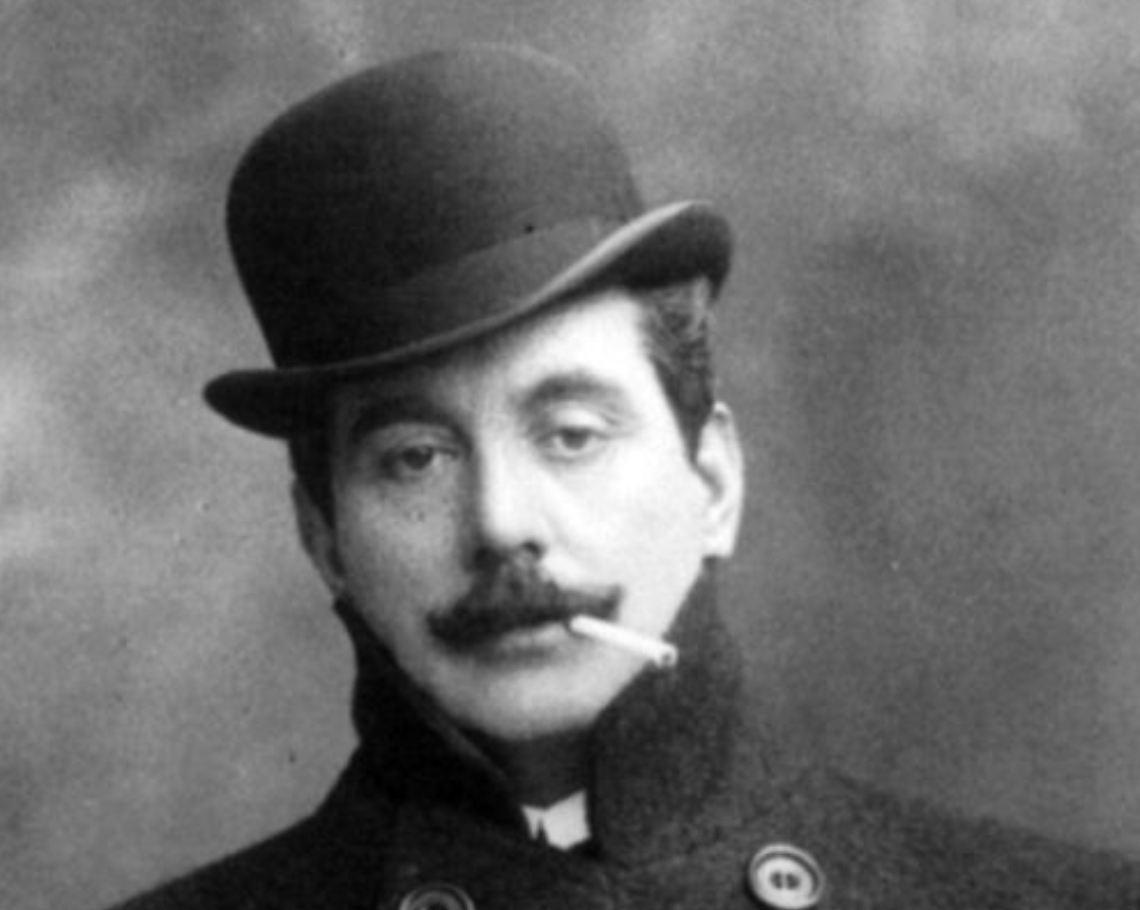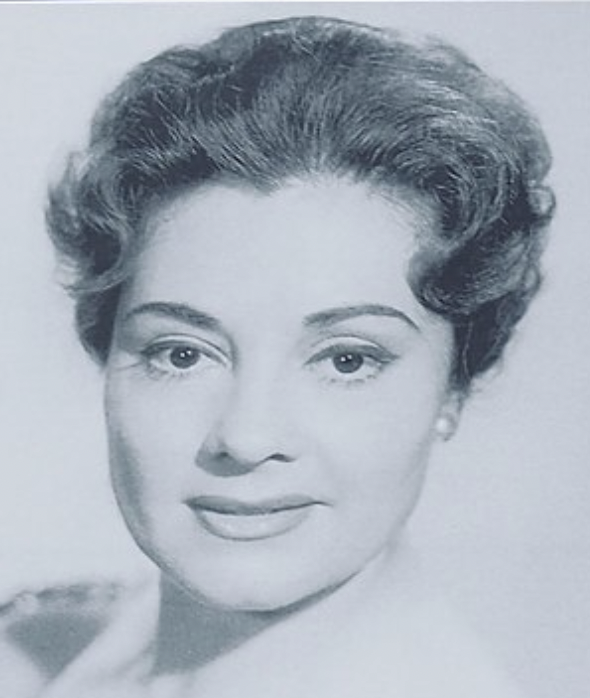01 December 2023
P.R. Jenkins
Spotlight Humperdinck: “Hänsel und Gretel”

“Like the rest of us, Karajan seemed endlessly surprised and delighted by details of the score as they cropped up in performance.”
Elisabeth Schwarzkopf
An opera for children? Karajan took it very seriously, like a mature Wagnerian score. Engelbert Humperdinck’s “Hänsel und Gretel” is a “one-hit wonder” in the history of music and one of the most popular of all operas. The fairy tale about two children lost in the woods never fails to fascinate audiences of all ages. Karajan’s first professional encounter with it was in 1953, right in the middle of his almost ecstatic years of recording work with the Philharmonia Orchestra. Karajan didn’t rehearse a lot with his singers, least of all with his “two Elisabeths” Schwarzkopf and Grümmer as Hänsel and Gretel. The overture was taken from a test tape, that was found to be so good that it finally ended up on the recording. Schwarzkopf recalls the sessions as being a “labour of love, an enchanting return to a favourite childhood story but also a voyage of discovery through a score that in places was far from familiar. (Richard Osborne)”
![]()
Schwarzkopf was – as is well known – one of Karajan’s most important artistic partners and the wife of his producer and friend Walter Legge. Elisabeth Grümmer only made this studio recording with him. She was a discovery from his Aachen years and only started singing at the age of 29 on Karajan’s initiative. Elisabeth was the wife of his concertmaster in Aachen, Detlev Grümmer, and she sang at home exclusively for her own private pleasure. One evening in 1940, Karajan came to dinner and heard her sing, but left without saying a word about it. A few weeks later he called her and asked her if she would stand in for one of the “Blumenmädchen” in his new “Parsifal” production. She agreed and said later “you have to imagine that I had never stood on an opera stage before and I really was thrown to the wolves. But somehow I survived the experiment.” Elisabeth Grümmer continued to sing professionally – not only for Karajan but for Furtwängler, Kempe and Erich Kleiber. Her husband was unable to witness her career as one of the finest German singers after the war, as he died in a bomb attack in 1944. Karajan and Grümmer performed sacred works by Bach and Brahms, as well as Beethoven’s Ninth.
“This 1953 Händel und Gretel is a classic example of how a well produced mono recording can seem more stereophonic than many of its later stereophonic rivals. Impervious to time, fashion, or technological advance […] it has proved to be one of the most consistently collected of all opera sets.”
Richard Osborne
In winter 1953/4, Karajan conducted four performances with the RAI orchestra – in Italian. Elisabeth Schwarzkopf remained in the cast, Elisabeth Grümmer was replaced by Sena Jurinac.
Karajan never conducted the opera either in Germany or with a German orchestra. One small exception: In 1981, he recorded the overture with the Berlin Philharmonic.
— P.R. JenkinsRichard Osborne: “Karajan. A Life in Music” Chatto & Windus, London. 1998


